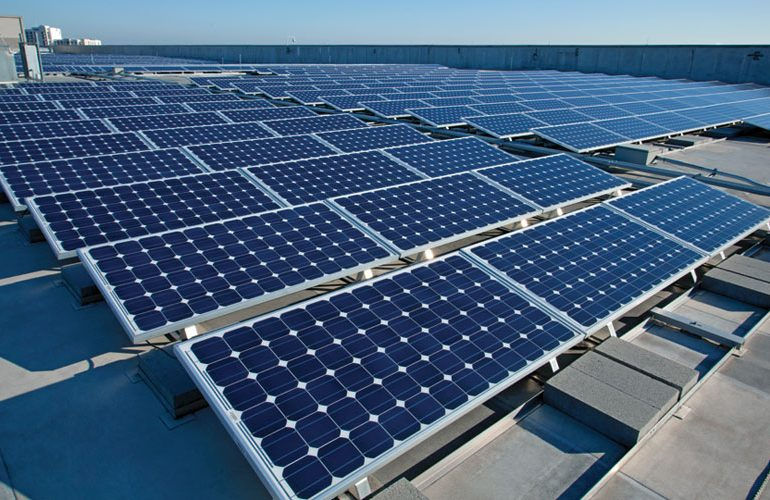Latest Trends of Leading Solar Energy Companies
- Reon Energy
- Jul 8, 2024
- 2 min read
In the current situation, global energy demand exceeds the capacity of available generators. Therefore, energy security and reliability must be improved, and alternate energy sources must be explored aggressively if future energy demands are to be met efficiently. In the current scenario, the leading solar companies of the world believe in modifying their services according to the latest energy trends.
Renewable and alternative energy sources can address long-term issues as effective energy solutions. It is evident that solar energy, which has a wide range of available sources, is a promising option.
It's been nearly a decade since solar energy became a globally significant industry. So let's examine where solar power is going in 2022 and how it has evolved over the years.
In-Demand Commercial Solar Energy
Businesses, non-profits, and governments have been installing solar panels on-site as the industry continues to unlock financing tools so everyone can benefit from solar power.
This segment is expected to grow in the future, given the growing adoption of clean energy technology by commercial, non-profit, and public entities. However, on-site solar still has a lot of room for growth, which serves less than 1% of commercial electricity demand.
In-Demand Rise In Roof-Solar Panel
It is unlikely that solar panel rooftop prices will come down anytime soon, given the logistical challenges following the coal industry's collapse. On the contrary, according to an international analyst at global data, market prices are expected to rise until 2023. In this report, we examine the solar rooftop market in detail and estimate the contribution to the cumulative capacity of solar PV from rooftop solar from 2012 to 2030.
The report highlights the delays in shipments and a lack of workers that explains the temporary price increase. In addition, governments worldwide have promoted policies and incentives for rooftop solar PV. As a result, cost trends may decrease soon.
Structural Changes Due To Supply Chain Pressure
Although the solar market saw strong growth in 2021, structural shortages are still prevalent in the supply chain, polysilicon shortages, forced labor allegations, and a worsening trade war.
Solar equipment manufacturers are trying to optimize their supply chains to maximize growth while minimizing costs as raw materials prices are predicted to hover between 25-35% above 2019 levels through 2022.
Raw material processing costs are also expected to increase, increasing capital costs and LCOE. In 2025, analysts expect polysilicon prices to start to decline, after which they will remain relatively high for a long time.
For More:




Comments